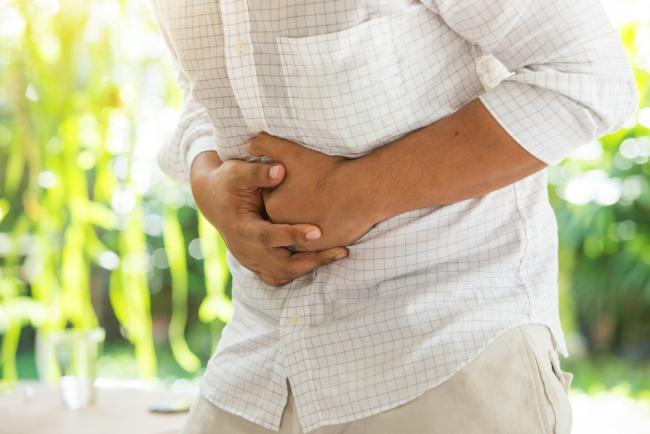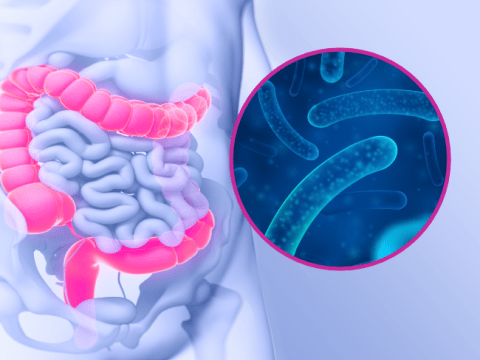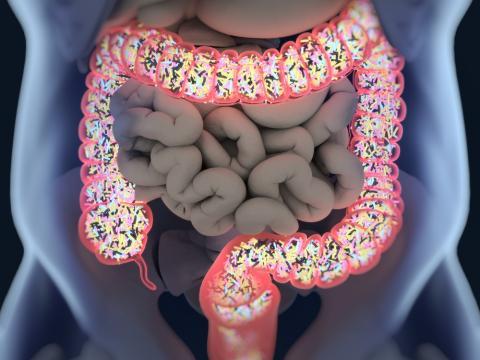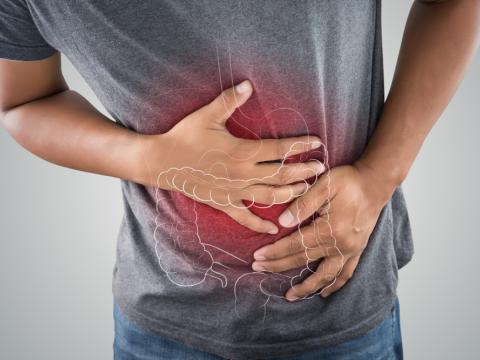A study of the role of the gut and its microbiota in alcohol dependence
In this study, the Leclerq et al. team compared the intestinal microbiota of alcohol-dependent subjects with those of subjects not dependent on alcohol: the results revealed an imbalance in the microbiota (dysbiosis) and an increase in intestinal permeability in the alcohol-dependent group.
The bacterial population inside the gut of alcohol-dependent subjects had been modified by the chronic ingestion of alcohol, and this altered flora was also associated with a modified fermentation of proteins within the gut and the production of potentially toxic compounds (such as phenol, a compound that causes irritation).

In addition to presenting with a different microbiota, these dependent subjects also appeared to experience more significant and longer-lasting emotional disorders, even after stopping drinking. The researchers thus established a link between a change to the microbiota and the persistence of the dependence; a link that may be enabled by the microbiota-gut-brain axis.
New therapeutic strategies
Greater clarity regarding the role of the intestinal microbiota in alcohol dependence opens up the potential for new therapeutic options. In fact, the treatment recommended up until now consisted either of taking medication targeted at correcting the imbalance induced by the alcohol in the brain (the therapeutic efficacy of which is limited) or abstinence.
The new therapies treat the alcohol dependence by focussing on the gut, in line with the conclusions drawn by numerous studies published over the last few years that demonstrate the existence of communication between the intestinal bacteria and the brain.






